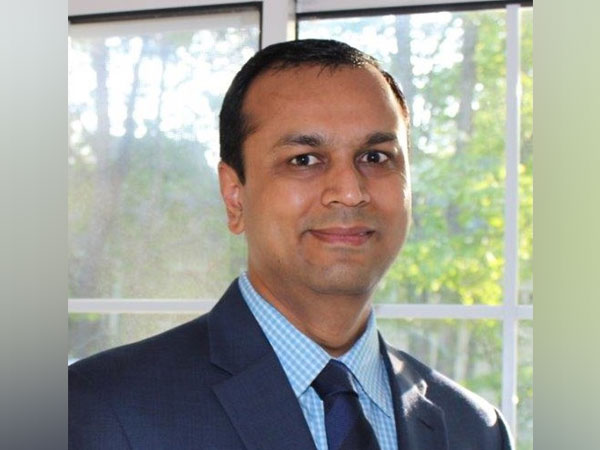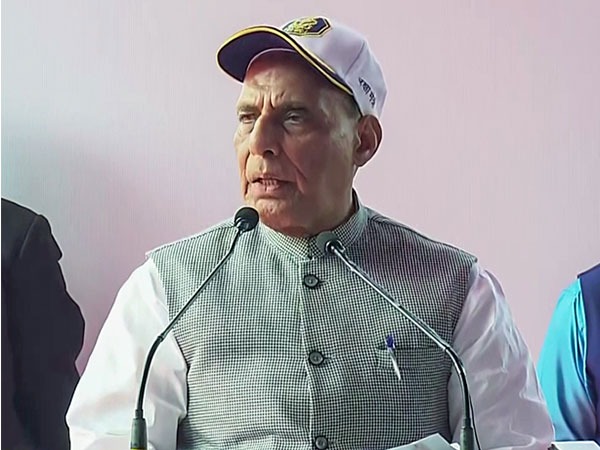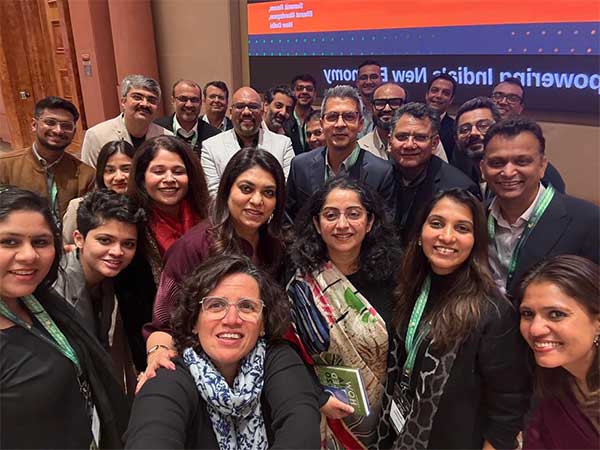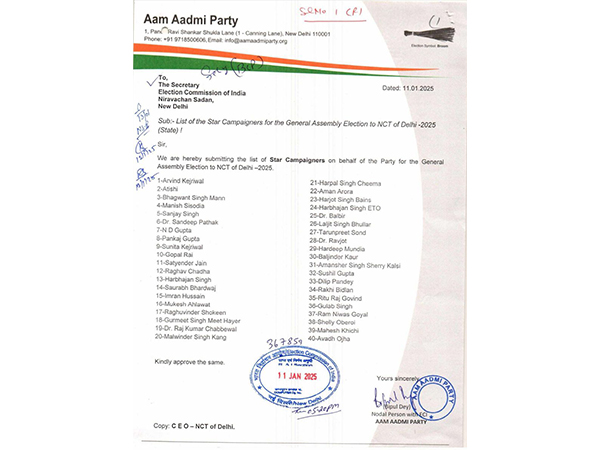
Plainsboro (New Jersey) [USA], June 2 (ANI/PNN): Have you been stashing your cash, lately? Well, you are not alone. The current pandemic has pushed America to save more, resulting in an unusually high personal savings rate.
The personal saving rate–the amount people are saving as a percentage of disposable personal income–rose 23.2 per cent in May, according to new data released on Friday from the US Bureau of Economic Analysis. In April, the personal savings rate, or the percentage of people’s incomes left after they pay taxes and spend money, skyrocketed 32.2 per cent. Last year, during the same period the personal savings rate was in single-digit–around 7.8-8 per cent.
The unusually high personal savings rate is a result of a lack of opportunity for discretionary spending, job losses, pay cuts, a shift in spending habits, and a wake-up call to build an emergency fund. Did you know, currently 60 per cent of American families have little or no savings? Only around 40% of families in the country can sustain an unexpected expense of over $1,000. Close to 80 per cent of people live pay-check to pay-check in America.
The pandemic has exposed the cracks in the money management of American households with nothing set aside for a rainy day. Today, having an emergency fund–cash you can access in case of an emergency–is more important than ever.
An unexpected event such as job loss, pay cuts, and a medical emergency can tumble your financial cart. Now is a good time to shift your financial behaviour from spending to savings. If you are a millennial or generation Z, and want to save money despite earning less, you can start by setting aside a small amount. The power of compounding can help you build a corpus for your future. While your upward savings trajectory can be a strong foundation for your financial health, it hurts the US economy which is driven by spends.
If you need money and have no savings, banks and financial institutions offer cheaper loans. In fact, the $2 trillion stimulus injected by the government encourages Americans to take cheap loans and spend more.
However, don’t get lured by cheap loans and borrow for unnecessary or discretionary spending as it will further impact your financial health and credit score. If you have no other alternative but to take a loan, do your math before opting for it. The latest consumer spending data, displaying a rebound, indicates that the economy is showing signs of turning around, but is still looming under income drop and rising coronavirus cases.
Factoring in the current scenario, your mantra should be: Save first, spend later.
(The author is Jamir Savla who is an experienced Wealth and Asset Management Technology Advisor)
This story is provided by PNN. ANI will not be responsible in any way for the content of this article. (ANI/PNN)


















